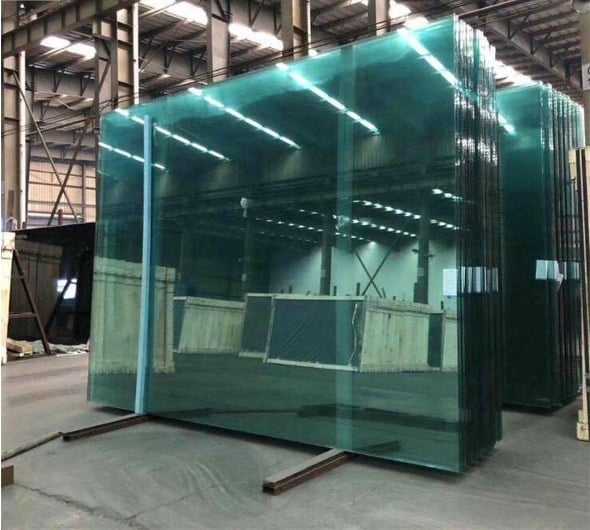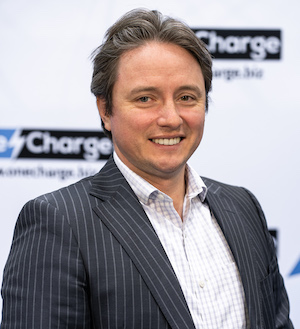
Lithium Battery benefits become transparent for glass industry
16600 Aston
Irvine, CA 92606
http://onecharge.biz/
“Lithium batteries made it possible to switch [the company’s forklift fleet] to electric power from propane. Electric [lead-acid] batteries simply did not have enough energy before!” Facility Manager at a glass manufacturing plant.
Executive Summary
Handling and loading glass with electric forklifts helps companies reduce their operating costs and make their facilities safer and cleaner. The switch from propane to forklift lithium batteries as the main forklift power source is an important step to improve sustainability for glass manufacturers.
Challenges
Leading US glass manufacturers are looking for ways to reduce their carbon footprint and improve the efficiency of their material handling operations. Handling large sheets and plates of glass, and loading and unloading slab bundles requires a lot of energy. Special forklift attachments like hydraulic glass clamps and stabilizers are also powered by the truck battery, increasing energy consumption even further. Forklifts need to be operated with the highest precision for safety reasons, so top performance is expected from the forklifts 100% of the time.
Electrification of the fleet was long on the agenda for glass and bottle producers, but lead-acid batteries could not provide enough energy for the equipment, and multiple battery swaps during a shift would disrupt operations. This is why so many companies were stuck with propane-powered forklifts and had to put up with the exhaust emissions and high fuel and maintenance costs associated with an internal combustion engine.
Finally, the new high-capacity lithium batteries have become commercially available, and one of the leading US window and glazing glass manufacturers has partnered with OneCharge to adopt the new technology.
How OneCharge Lithium Batteries Helped
In October 2020 this OneCharge customer initiated a series of demo projects at its plant to test the new lithium batteries and confirm that the new technology could support the top performance of forklifts in stress conditions. A heavy lifting four-wheel sit-down forklift (Class I) with up to 12K pounds of lifting capacity was powered by the OneCharge 80V / 1050Ah battery.
The truck demonstrates stable performance in this demanding application, working through multiple shifts. The battery’s state of charge doesn’t drop below the recommended 30-40%, with opportunity charging during naturally occurring breaks and lunchtime.
Once the test was successfully passed, the company went on to switch its forklifts to lithium power one location at a time. OneCharge provided a variety of its 80V POWER Series batteries, which range in capacity from 600Ah to 1200Ah, depending on the conditions at each facility. Actual operation profiles were studied to make sure the battery capacity was just right to support the top performance of high load capacity lift trucks through multiple shifts.
Results, Return on Investment, and Future Plans
Following the successful demo project and adoption of lithium batteries at the test facilities, the glass manufacturer is now implementing a program of switching its forklifts to lithium electric at its other plants.
Right after the switch to lithium, the glass manufacturer saw an improvement in operations efficiency in a cleaner and safer workplace. These benefits are supported by a lower total cost of ownership of the equipment and lower energy costs of operation.
But what is perhaps even more important—lithium batteries help the company to reduce its carbon footprint and achieve its corporate sustainability goals. Not included—yet—in cost calculations, the carbon credits may appear on the balance sheet in the nearest future.
Efficient, powerful, and clean Li-ion batteries have proven they can do the job in the most demanding applications, such as glass and bottle production, and paper and metals handling. Tried-and-tested lithium solutions are no longer newcomers, and we are seeing accelerating adoption of Li-ion, even in the industries traditionally sticking to diesel or propane options.
About the Author:

Tim Karimov
Tim Karimov, President of OneCharge









